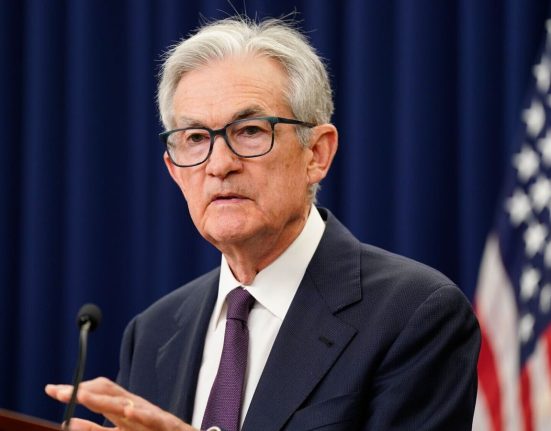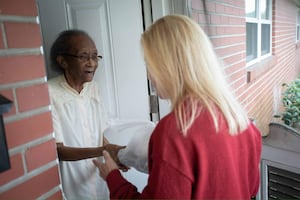For example, Mayor Michelle Wu and her supporters contend there is unlawful “coordination” between the campaign of chief rival Josh Kraft and the super PAC Your City, Your Future that has spent millions on negative ads about her. Wu also called out the Kraft campaign for recent fund-raising emails that she called deceptive. While denying those allegations, the Kraft campaign accused the Wu campaign of coordination with a super PAC during her 2021 run for mayor and also accused Wu of using “public funds for political purposes” by allegedly allowing public employees to engage in campaign-related work during their work hours. The Wu campaign has denied that.
When I asked about the time frame for acting on complaints, Tait referred me to Section 3 in the statute that governs OCPF, which states that any alleged violation shall be presented to the attorney general “not later than 120 days before or three years after the relevant election.” However, referral to the AG happens infrequently. According to Tait, most cases are resolved with either a public resolution letter — where OCPF states that it found “no reason to believe” a violation occurred or finds a violation but believes the case can be settled informally — or with a disposition agreement, in which the subject agrees to take specific action, such as paying a fine. The 120-day provision has nothing to do with that, but Tait cited it as the rationale for not taking action on complaints until after the election. With such a delayed response, what incentive is there to follow the law?
Geoff Foster, executive director of Common Cause Massachusetts, said that while he appreciates the agency’s reluctance to play a role in influencing an election, “If there are credible and egregious violations occurring, we need OCPF to take action. If they are doing an investigation and with due diligence can get to a resolution, the public deserves to know.”
Thomas Dwyer, a longtime Boston defense lawyer who has represented politicians in campaign finance-related matters, said that OCPF has “abundant power” under state law to hold candidates accountable in a timely fashion. “It’s just that they’re reticent” to use it, he told me. He attributes that in part to who is in charge — a director who is appointed to a six-year term by a bipartisan commission consisting of the secretary of state, the chairs of the Democratic and Republican state committees, and the dean of a law school appointed by the governor.
William C. Campbell, the current director who was appointed in 2021, previously served as Woburn city clerk. In an interview at the time of his appointment, he told State House News, “I’m as nonpartisan as you can get. Because I’ve been a Democrat, I’ve been a Republican, and I’ve been unenrolled.”
Fine, but bipartisanship hasn’t inspired any great zeal on Campbell’s part to help voters by taking up complaints in the ongoing mayoral race. And this is a race where guidance would really help.
As reported by Massterlist, super PACs, which can receive unlimited amounts of money from individuals, corporate backers, labor unions, and others, are playing a growing role in the Boston mayoral contest. The one aligned with Kraft has been bankrolled by millions of dollars from wealthy friends of his father, New England Patriots owner Robert Kraft. Solid evidence of what could be illegal coordination between the super PAC and the Kraft campaign has been reported.
On Wu’s side, the super PAC Bold Boston is backed by unions and environmental groups. As also reported by Massterlist, Malia Lazu, a consultant and former bank executive, filed paperwork last week to form another super PAC that will back Wu.
Staying out of elections once made sense for OCPF, said Maurice Cunningham, the author of “Dark Money and the Politics of School Privatization” and a critic of the flow of money into the Kraft campaign. “But I think circumstances have changed and the weight should go with public disclosure,” he told me via email.
As long as there are laws to govern the role of money in politics, and state regulators who are empowered to enforce them, they should do it in a way that could make a difference to voters.
Joan Vennochi is a Globe columnist. She can be reached at joan.vennochi@globe.com. Follow her @joan_vennochi.







